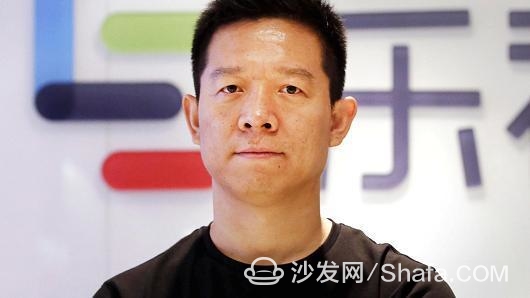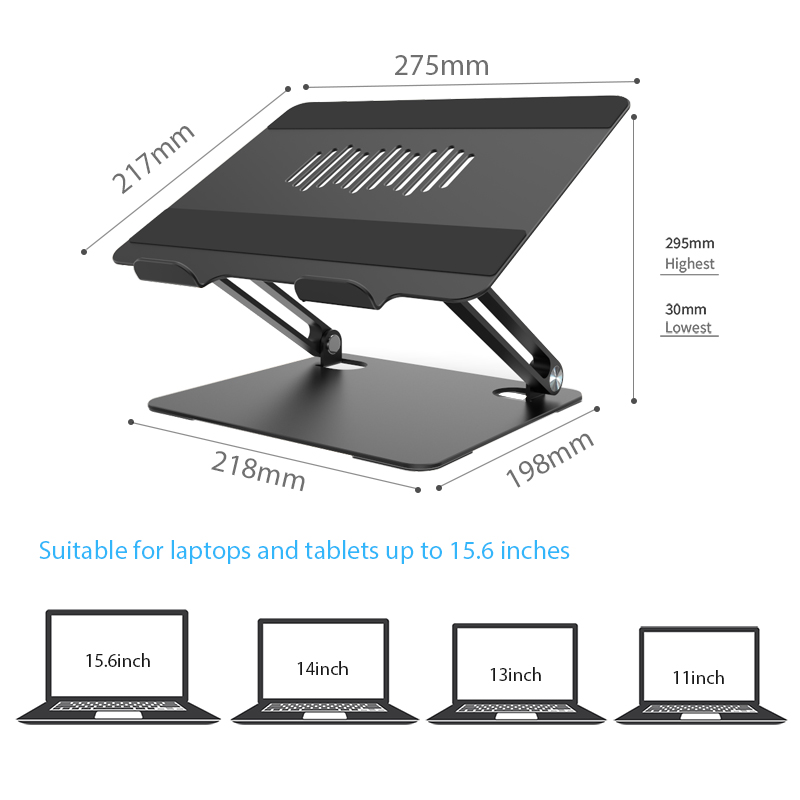
Driven by this vision, Jia rapidly expanded his company from a video streaming platform into a multinational conglomerate, which he dubbed the "shared ecosystem." This encompassed everything from smart TVs and cloud computing to smartphones and electric vehicles. In January 2016, the company rebranded from "LeTV" to "LeEco," short for "Le Ecosystem," reflecting its founder's ambitious global ambitions.
Unfortunately, this expansion didn’t go as planned. LeEco found itself drowning in billions of dollars in debt, sending shockwaves through China’s financial markets.
Falling Down
Former employees and industry experts told CNBC that Jia’s grand vision—his “shared ecosystemâ€â€”was simply too ambitious. This overreach ultimately led to the downfall of what was once a rising tech star.
Whether domestic or international, LeEco fell from grace largely because it relied heavily on debt to fund its ever-growing projects, many of which failed to deliver results.
Many former LeEco employees chose to remain anonymous to avoid damaging their reputations. One of them revealed that some of the company’s projects were essentially gambles.
A former employee who worked in LeEco’s U.S. office told CNBC, “Jia’s strategy for the company has always been very advanced, but these strategies require strict execution to succeed.â€
She added, “For most companies or employees, executing such strategies perfectly is rare, especially during a period of rapid expansion.â€
By the end of 2016, LeEco had grown extremely fast, creating a complex structure. To build a closed-loop ecosystem, users could watch exclusive content through the LeEco app, played on LeEco’s own hardware—from mobile phones to smart cars. LeEco quickly established 15 subsidiaries and 68 branches worldwide.
Despite being relatively unknown in the U.S., LeEco still set up a U.S. headquarters. In June 2016, it acquired about 300 acres of land in Santa Clara, California, and claimed it would hire 12,000 local employees, aiming to establish its global headquarters in Silicon Valley. For comparison, Facebook had only 9,000 employees at its Menlo Park headquarters, and Google employed around 20,000 in Mountain View.
Another former LeEco employee said, “You can be optimistic, but you can’t exaggerate.†He had worked in the Hong Kong office last year.
In an interview with CNBC, he said, “Other companies were laughing at us. How can your employee count jump from 200 to 10,000 in 2018? It’s bigger than Facebook!â€
He also mentioned that he resigned due to disappointment with the company’s direction.
“LeEco is a hierarchical company, but senior executives don’t understand the market outside of China,†he said. “Jia wants to do a lot, but his knowledge isn’t enough to support his ideas. Additionally, LeEco hasn’t recruited strong or talented people. Money can’t solve strategic problems, and money can’t buy talent.â€
But even money became a problem at LeEco.
As local media in Silicon Valley reported on the company’s aggressive expansion plans, investors began to worry about LeEco’s financial health.
Red Light
Starting in 2016, domestic Chinese media and social platforms like Sina Weibo and Tencent WeChat began reporting that LeTV’s subsidiary listed in Shenzhen had issued a red light.
LeTV’s 2016 full-year financial report showed accounts receivable reached 86.8 billion yuan, up 5.32 billion yuan from the previous year. Meanwhile, revenue increased by only 8.93 billion yuan, meaning nearly 60% of LeTV’s revenue growth came from the increase in accounts receivable.
At the same time, the company reported a negative operating cash flow of 1.07 billion yuan, down 221.97% from the previous year.
Clearly, LeTV’s cash reserves were exhausted as accounts receivable surged and cash flows plummeted.
A former employee recalled, “I heard someone ringing the doorbell of an Indian office. An advertising company came to request payment, but we had no money to pay.â€
Additionally, transaction volumes between LeTV and related parties soared, leading to suspicions that LeTV may have used financial techniques to inflate sales data.
In 2016, LeTV reported sales to related parties reached 11.78 billion yuan, a 655% increase from the previous year, accounting for more than half of the company’s total revenue.
Due to concerns about the risks posed by LeTV’s cash flow issues, investors began selling shares. By the end of 2016, the stock price had dropped 55% from its 2015 peak and fell another 14.3% in 2017. Eventually, the company requested a trading suspension.
The former employee of LeTV’s Hong Kong office remembered, “I knew the company might face cash flow problems around July 2016. I heard someone knocking on the door of an Indian office, and an advertising company asked for payment, but we had no money to pay.â€
LeTV declined to comment on issues such as poor management, suspected financial fraud, and cash shortages.
Domino Effect
At the end of 2016, Jia admitted the company faced serious financial difficulties. Soon after, LeTV’s situation worsened, triggering a series of domino effects: the company halted its electric vehicle manufacturing plant project in Nevada, USA; announced plans to sell its Silicon Valley headquarters and lay off hundreds of employees; canceled the acquisition of Vizio, an American TV manufacturer, leading to a $100 million lawsuit from Vizio.
When suppliers sued LeTV for not fulfilling debt obligations, a Shanghai court ruled in July 2023 that a loan owed to China Merchants Bank constituted a breach of contract, freezing the value of LeTV and Jia Yueting’s holdings worth 1.24 billion yuan.
A few days later, Jia resigned from all positions at LeTV, including chairman, and focused instead on building Faraday Future, a potential competitor to Tesla.
Under a wave of lawsuits and damaged reputation, LeTV was handed over to a new management team. Sun Hongbin, chairman of real estate giant Sunac China, was appointed as the new chairman of LeTV.
Earlier this year, Sun invested 2.4 billion yuan in LeTV in exchange for shares in the company’s core television and movie business.
The fall of LeTV serves as a cautionary tale for Chinese regulators. Recently, Chinese authorities have begun closely monitoring the so-called “shared ecosystem†and cracking down on suspicious related-party transactions.
Government Involvement
In early October, the Chinese newspaper “21st Century Business Herald†quoted industry insiders as saying that the China Securities Regulatory Commission (CSRC) has started requiring listed companies to disclose more information and reduce related-party transactions.
According to the report, sources said that the CSRC has tightened its oversight of technology companies with complex structures or numerous related parties.
A source told the 21st Century Business Herald, “The risks exposed by LeTV have caused the entire market to take notice, and regulators have begun investigating related-party transactions under the so-called ‘shared ecosystem.’â€
This trend is evident in the latest ban issued by the CSRC. Since the beginning of this year, five insurance companies have been banned from conducting financial transactions with their parent companies, including Bohai Life Insurance, a subsidiary of the HNA Group.
The CSRC also tightened the approval process for initial public offerings (IPOs), requiring companies applying for IPOs to follow stricter accounting standards, capital requirements, and disclosure rules. According to data released by the CSRC, as of the end of the third quarter of this year, the approval rate for IPOs was 80.99%, nearly 10 percentage points lower than 2016’s 90.96%.
In the fourth quarter, the CSRC appeared to implement stricter standards for IPO approvals: since the new review committee took office at the end of September, the IPO approval rate dropped to just 56%. According to Reuters, on November 7, the committee approved only one case out of six IPO applications, setting the lowest daily pass rate for IPOs since 2015.
A source at a Beijing-based securities brokerage told CNBC, “The recent regulatory scrutiny of compliance audits has become more stringent.â€
He added, “The overall IPO approval rate has dropped to the lowest level in the past decade.†Due to professional reasons, he requested anonymity.
The Future of LeTV
Currently, LeTV remains at the center of controversy.
It is said that Jia Yueting has been in the United States since he stepped down. He has remained relatively quiet, leaving domestic creditors and LeTV employees unsure of his whereabouts or when he might return.
Last month, a Chinese tech news outlet reported that Jia intended to file for bankruptcy in the U.S. and then sell Faraday Future to U.S. investors.
The LeTV spokesperson denied rumors that Faraday will go bankrupt in the future.
However, whether Jia continues to stay low-key or eventually returns through Faraday’s future, one thing is clear: the “shared ecosystem†was once a symbol of China’s global expansion and multinational ambitions, but it has now become a risky term.
Computer Monitor Stand, the multi-point silicone support surface is more non-slip, and the multi-point soft silicone design prevents the computer from scratching while anti-slip. Laptop Stand Amazon is lightweight design, the weight of about 10kgs is equivalent to the weight of a large number of mobile phones, easy to store and go whenever you want.

Monitor Stand Riser,Metal Desk Monitor Stand Riser,Dual Monitor Riser Stand,Universal Monitor Stand Riser
Shenzhen ChengRong Technology Co.,Ltd. , https://www.laptopstandsupplier.com